There were pictures of Egyptian pyramids and stories of an overnight felucca journey on the Nile River. There was the time I learned how the San people of Namibia taught their young to hunt, gather and thrive that melded perfectly with African cultural and tribal history. There were stories of sharing D-Day with veterans at the WWII Memorial in Washington, DC and tales of crossing the international dateline while traveling to Australia and how the 25th of December ‘never actually happened’ for me that year.
Experiences Are Priceless
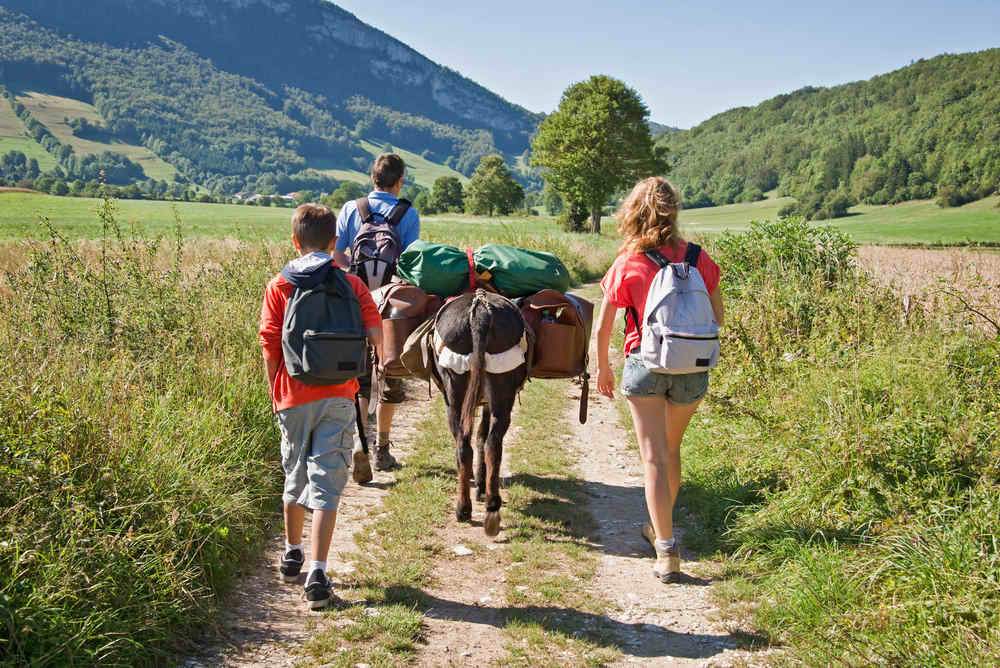
- What if instead of only learning about religion in a textbook, students could stand at the Vatican and feel what it’s like to be there.
- What if instead of learning about indigenous cultures, students could sit in a home and interact with someone from that particular background?
- What if instead of reading about architectural structures of ancient civilizations, students could stand amidst them to set foot on the same lands?
Those experiences not only enhance their textbook and online learning, but also, etch even more into their minds. Travel’s added element is unattainable through traditional learning.
Maximizing Vacation for Travel Education
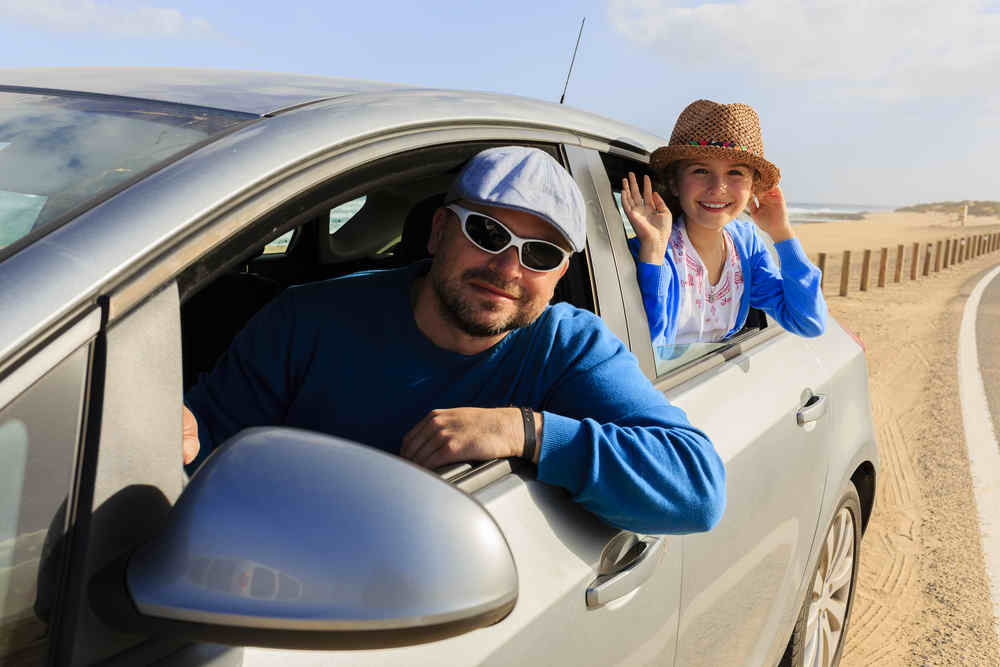
30 Places to Travel & Learn
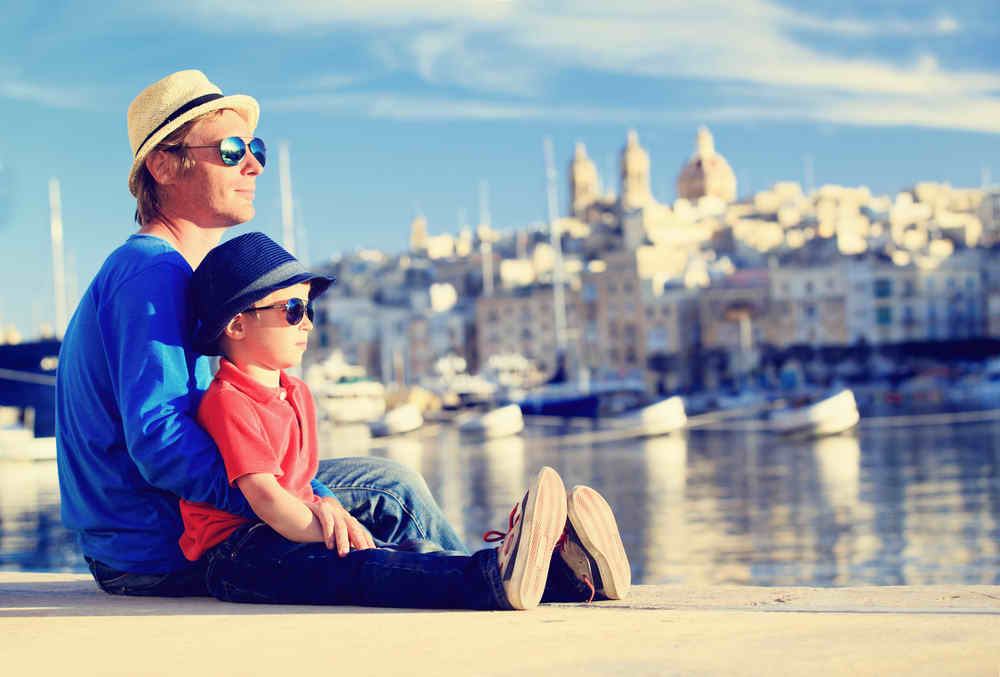
- San Diego, California: USS Midway
- San Diego, California: San Diego Zoo/San Diego Safari Park
- San Diego, California: Museum of Man (free to CA residents certain days of the week)
- Easton, Pennsylvania: Crayola Factory
- Nashville, Tennessee: Country Music Hall of Fame
- Cleveland, Ohio: Rock and Roll Hall of Fame
- Memphis, Tennessee: National Civil Rights Museum
- Cooperstown, New York: Baseball Hall of Fame
- Washington, DC: United States Holocaust Museum (book in advance)
- Washington, DC: War Memorials (free)
- Washington, DC: Smithsonian Museum
- Boston, Massachusetts: Freedom Trail (free)
- Boston, Massachusetts: Science Museum
- Boston, Massachusetts: Children’s Museum
- Monterey, California: Monterey Bay Aquarium
- Huntsville, Alabama: US Space & Rocket Center/NASA Visitor’s Center
- Cody, Wyoming: Buffalo Bill Museum
- West Yellowstone, Montana: Grizzly & Wolf Discovery Center
- Bethpage, New York: Old Bethpage Restoration
- New York, New York: Metropolitan Museum of Art
- New York, New York: American Museum of Natural History
- New York, New York: Ellis Island
- New York, New York: New York Public Library (free)
- Oklahoma City, Oklahoma: Oklahoma City National Memorial and Museum
- Oahu, Hawaii: Pearl Harbor
- Missoula, Montana: US Forest Service Smokejumpers Museum & Base Tour (free)
- Seattle, Washington: Columbia Center Sky View Observatory (entry good all day)
- Keystone, South Dakota: Mount Rushmore (parking pass good for two days use)
- Tillamook, Oregon: Tillamook Cheese Factory (free)
- National Parks: young children can take the Junior Ranger program, teens & adults can take guided ranger walks & listen to talks along with hiking, camping and climbing opportunities
Turning Anywhere into a Learning Experience
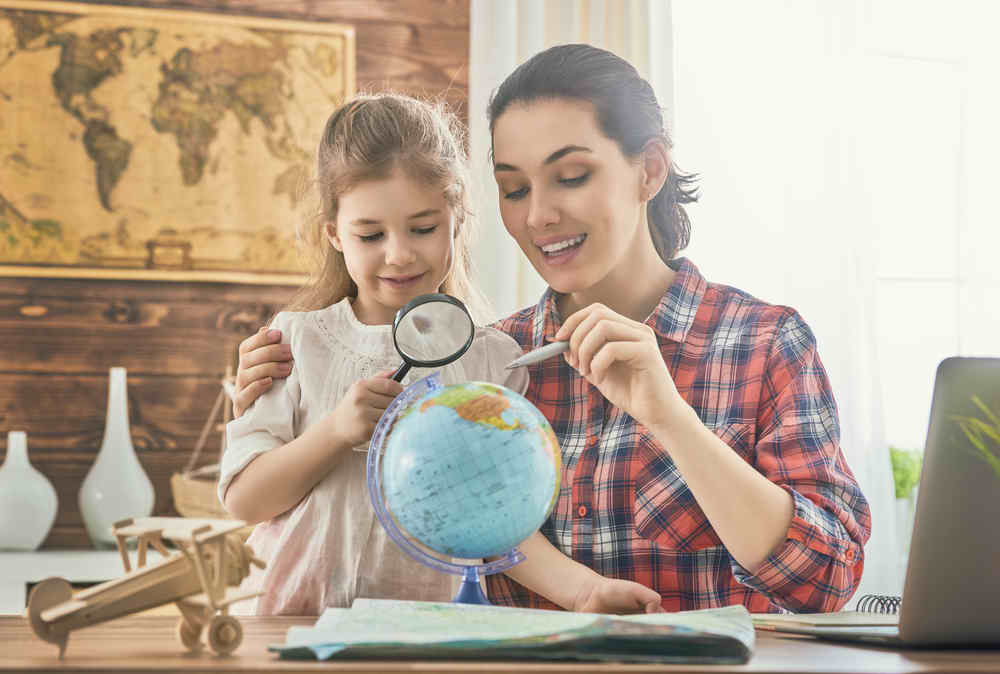
Headed to a beach holiday – try a local cooking class, learn to surf or sail, or find out about the areas the locals live and head there.
Hiking a mountainous region – read up on the local culture and talk to locals for stories of indigenous regional life.
Going for city getaway – be sure to hit a museum, take a tour with a local guide, or find a café to chat with the locals.
Exploring a region for a longer period of time – try taking a class to learn the language, research the area ahead of time, volunteer with a local agency, meet people, get out and about where locals live or hang at the library/book share to interact with as many people as possible.
Before, during and even after your journey, there are ways to involve everyone to enhance learning and add meaningful, memorable life experiences to your family holiday.
Questions to Ask to Maximize Learning
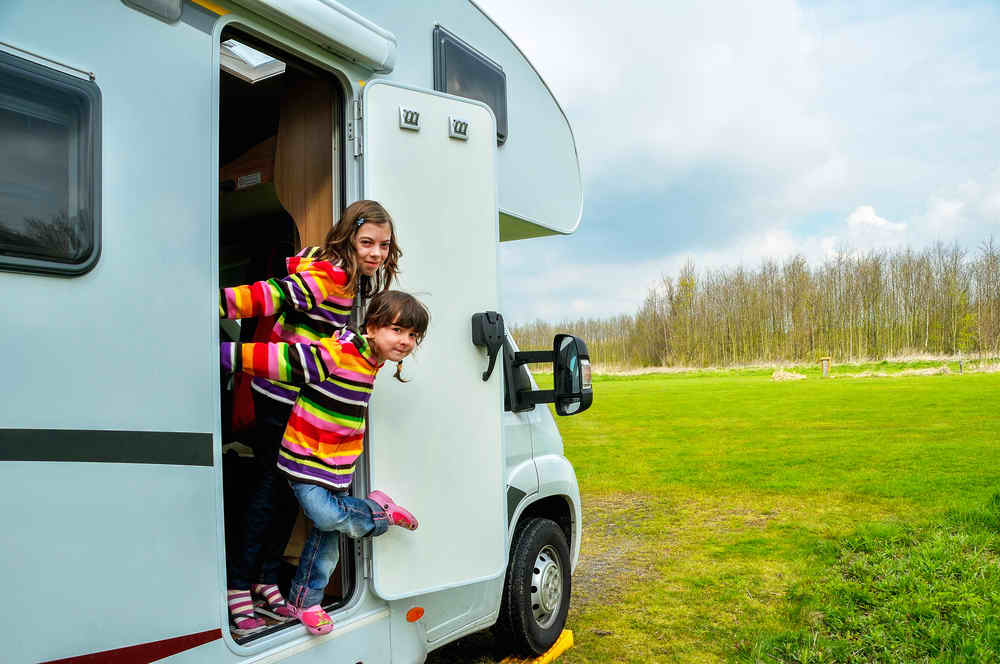
- What type of cultural experiences can we include? (a museum, a lecture, an outing)
- How can we attempt to learn a new skill? (surfing, weaving, crafting, carving, farming, sport, building, sailing, instrument, language, climbing, geocaching)
- How can we have a meaningful interaction with locals? (guided tour, class, conversation, meal, volunteer day)
- What can we do ahead of our trip to assist our learning? (books, documentaries, movies, lectures, volunteer, cultural enrichment lessons)
- How can we act on what we’ve learned and reinforce our experience after we’ve returned? (study, volunteer, cook, interact, support local communities from that region, share, story tell, create scrapbook/film, write, plan a return journey)
Travel can show us things that textbooks can’t. It’s no longer ‘this is what I think it would feel like’; you fully ‘get it’ yourself. Travel finds three-dimensional primary source documents, transcends test prep, revolutionizes understanding, reinvents experts, involves, interacts and utilizes all senses in one lesson spanning all subjects.
Each interaction unleashes the power of a new encyclopedia and uncovers details never before heard. Each journey, no matter how large or small, leaves a lasting impression for which the traveler is ever changed. Travel makes the world your classroom and everyone and everything, your teacher. Travel leaves learners desperate for more – thirsting for knowledge they never knew they wanted. Travel enlightens…you (and their teachers) don’t want your kids to miss it.